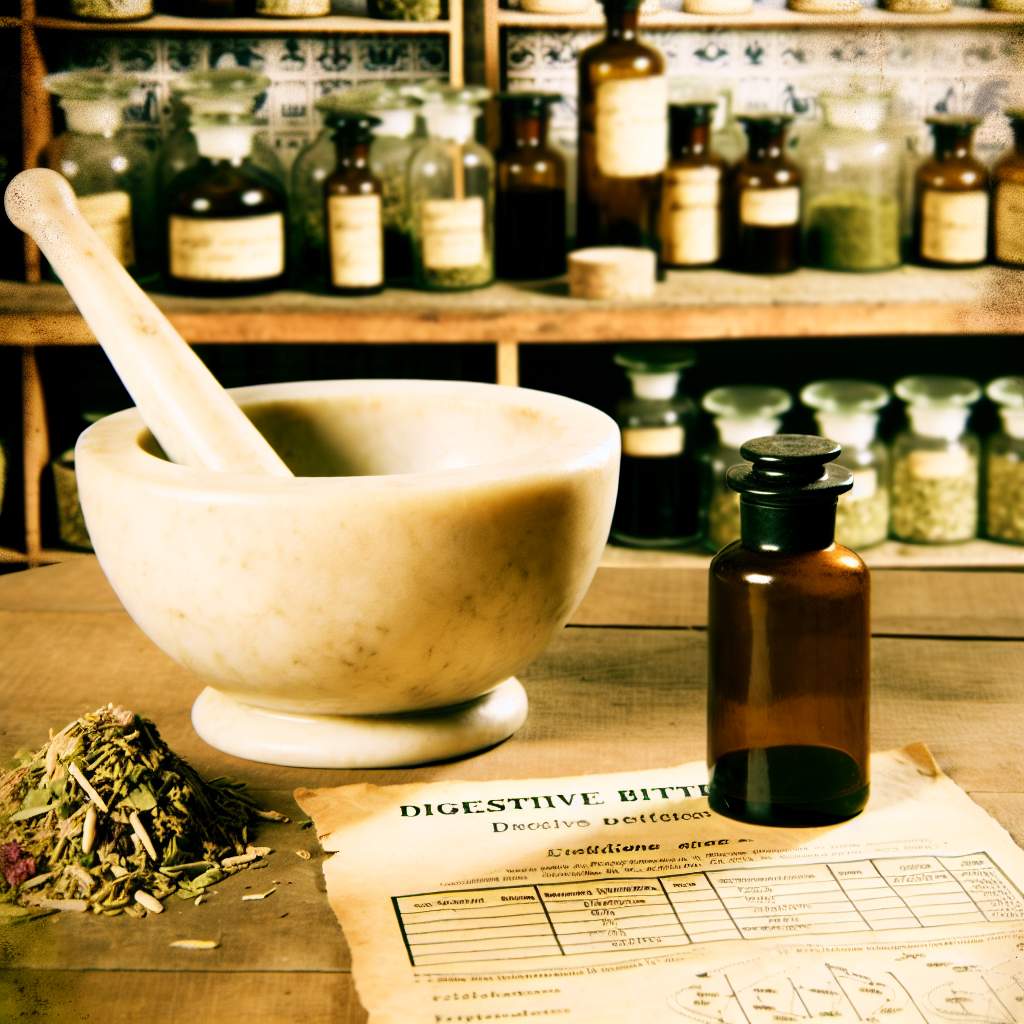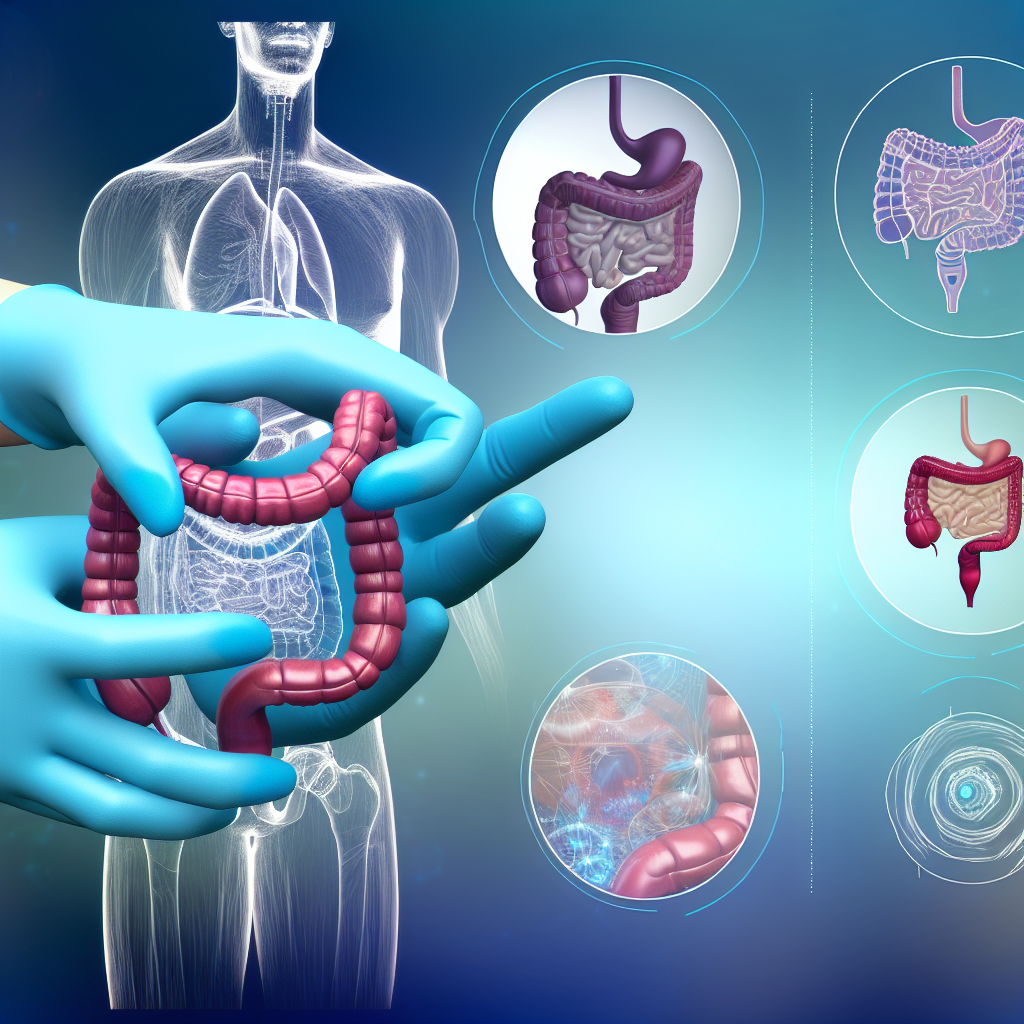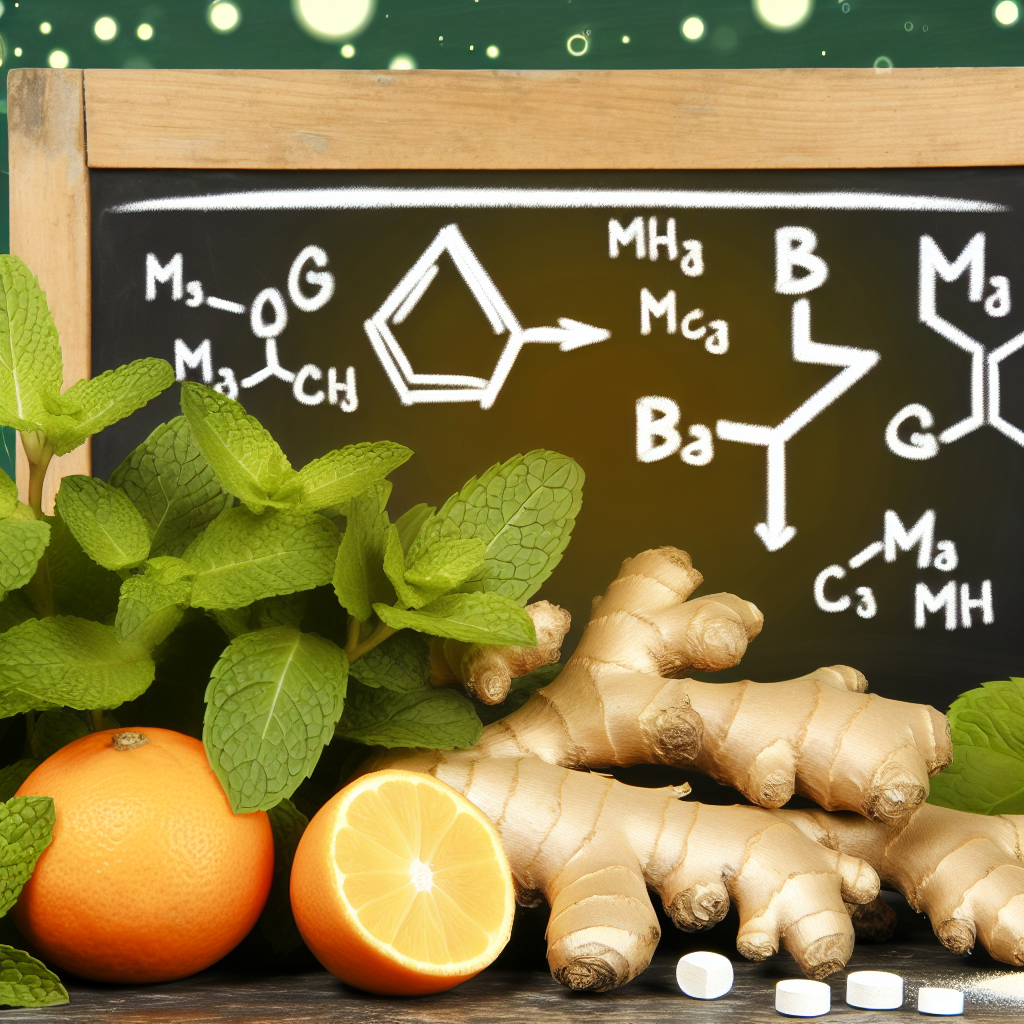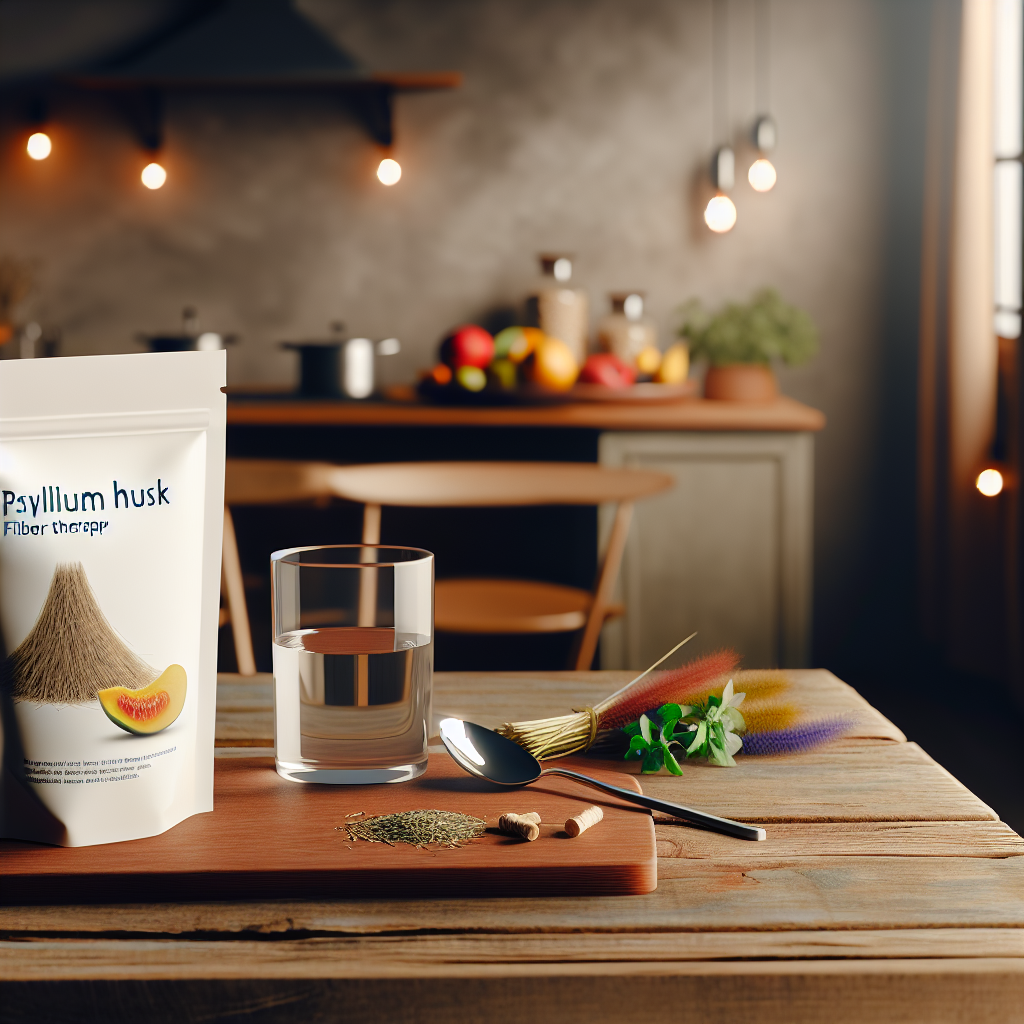Digestive Bitters: Traditional Uses and Scientific Evidence
Introduction
Digestive bitters have long been a staple in traditional medicine, particularly in herbal and naturopathic approaches to digestive health. These botanical concoctions, typically crafted from bitter herbs infused in alcohol or vinegar, have been used for centuries across various cultures to promote digestion, stimulate appetite, and relieve digestive discomfort.
Despite their traditional applications, modern science is beginning to validate the benefits of digestive bitters, confirming their role in gut health through emerging research on the gut-brain connection, bile production, and digestive enzyme stimulation.
Bitterness plays a crucial role in digestion. The bitter taste on the tongue triggers a reflexive response, prompting the body to increase saliva production, gastric acid secretion, bile flow, and pancreatic enzyme release. This cascade of events fosters efficient digestion, ensuring that food is broken down effectively and nutrients are absorbed optimally.
With the rise of processed foods and sugar-laden diets, many people have shifted away from consuming naturally bitter foods, potentially leading to sluggish digestion and common digestive complaints such as bloating, gas, acid reflux, and constipation.
Herbs commonly used in digestive bitters include gentian root, artichoke leaf, dandelion, wormwood, fennel, and ginger. Each of these plants possesses unique compounds that enhance digestion, reduce inflammation, and support liver function—factors essential for maintaining gut health.
Given the increasing prevalence of gastrointestinal disorders such as irritable bowel syndrome (IBS), functional dyspepsia, and leaky gut syndrome, restoring bitter flavors to the diet might be a simple yet effective remedy.
Scientific examination of digestive bitters has revealed a growing body of evidence supporting their efficacy. Researchers are exploring how bitter compounds interact with the body’s receptors and how they may influence gut motility, microbiota balance, and even metabolic functions.
In this article, we explore the traditional uses of digestive bitters, scientific studies backing their benefits, and how incorporating them into daily life can improve gut health naturally.
How Digestive Bitters Support Gut Health
Recent scientific inquiry into digestive bitters has provided evidence supporting their traditional uses, particularly in enhancing bile flow, enzyme secretion, and gut motility.
One landmark study published in *Frontiers in Physiology* (2019) examined how bitter taste receptors (T2Rs) located in the gastrointestinal tract can regulate digestive secretions and motility. Researchers discovered that when bitter compounds activate T2Rs, they promote digestive fluid production, supporting efficient breakdown and absorption of nutrients ([Wang et al., 2019](https://www.frontiersin.org/articles/10.3389/fphys.2019.01150/full)).
Scientific Studies on the Effectiveness of Bitter Herbs
Artichoke Leaf Extract Improves Digestion
A clinical study focused on artichoke leaf extract, a common ingredient in digestive bitters. A randomized controlled trial published in *Phytomedicine* (2003) assessed patients with functional dyspepsia—characterized by bloating, nausea, and excessive fullness. The study concluded that artichoke leaf extract significantly improved symptoms by enhancing bile production, thus improving fat digestion and alleviating distress ([Bundy et al., 2003](https://pubmed.ncbi.nlm.nih.gov/12834008/)).
Dandelion Root Stimulates Bile Production
Dandelion, another frequently used bitter herb, has been evaluated for its digestive benefits, particularly its ability to stimulate bile production. Research published in *Molecular Nutrition & Food Research* (2017) indicated that dandelion root extract increased bile secretion in animal models, supporting its traditional use as a digestive aid ([Martinez et al., 2017](https://onlinelibrary.wiley.com/doi/full/10.1002/mnfr.201600446)).
Ginger Enhances Gut Motility
Additionally, ginger—often included in bitters formulas—has been studied for its ability to promote gastric emptying and relieve bloating. A systematic review published in *Evidence-Based Complementary and Alternative Medicine* (2011) found that ginger helps reduce the symptoms of functional dyspepsia and promotes better digestion by stimulating gut motility ([Hu et al., 2011](https://www.hindawi.com/journals/ecam/2011/249487/)).
The Role of Digestive Bitters in Gut Microbiome Health
The beneficial effects of digestive bitters extend beyond enzyme activation and bile flow. Some research suggests that bitter compounds can influence the gut microbiome.
A study published in *Frontiers in Microbiology* (2020) highlighted that certain bitter compounds may modulate gut bacteria populations, potentially enhancing microbiome balance and overall gut health ([Reichold et al., 2020](https://www.frontiersin.org/articles/10.3389/fmicb.2020.554214/full)).
These studies and others support the notion that digestive bitters are not only a traditional remedy but also a scientifically validated tool for improving digestive efficiency, reducing post-meal discomfort, and supporting long-term gastrointestinal health.
Conclusion: A Time-Tested Remedy Backed by Science
Digestive bitters stand as a testament to the wisdom of traditional medicine, now increasingly backed by scientific research. Their role in stimulating digestive secretions, enhancing enzyme production, and supporting a balanced microbiome makes them an excellent natural remedy for those suffering from sluggish digestion, bloating, and other gastrointestinal discomforts.
Whether in the form of tinctures, teas, or naturally bitter foods, incorporating bitters into daily life may offer a simple yet powerful approach to restoring digestive vitality.
With growing evidence supporting their benefits, digestive bitters serve as a valuable tool in optimizing gut health naturally. As research continues to uncover their broader effects, these botanical solutions may become even more recognized for their ability to promote not only digestion but also overall well-being.
In a modern diet often lacking bitterness, reintroducing these time-honored remedies can bring the digestive system back into balance, fostering both immediate relief and long-term gastrointestinal resilience.
Summary:
Digestive bitters have long been used in traditional medicine to promote digestion, stimulate appetite, and relieve digestive discomfort. Modern science is now validating the benefits of digestive bitters, confirming their role in enhancing bile flow, enzyme secretion, and gut motility. Studies show that bitter herbs like artichoke, dandelion, and ginger can improve digestion and support a healthy gut microbiome. Incorporating these time-tested remedies into daily life can offer a natural solution for restoring digestive vitality and overall gut health.

Dominic E. is a passionate filmmaker navigating the exciting intersection of art and science. By day, he delves into the complexities of the human body as a full-time medical writer, meticulously translating intricate medical concepts into accessible and engaging narratives. By night, he explores the boundless realm of cinematic storytelling, crafting narratives that evoke emotion and challenge perspectives.
Film Student and Full-time Medical Writer for ContentVendor.com




